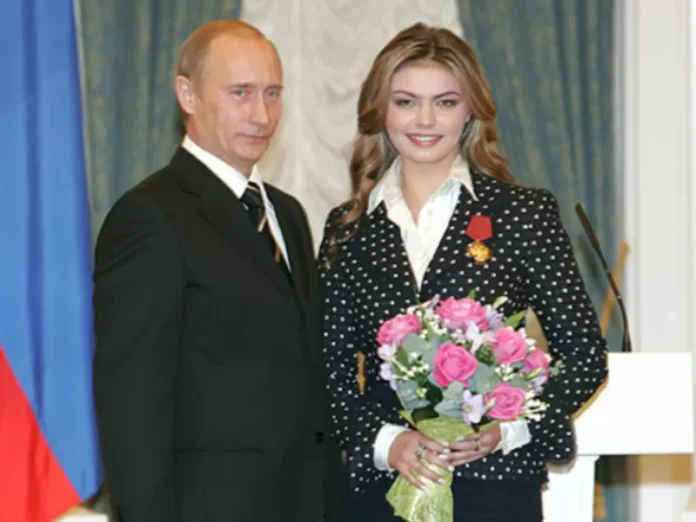Former gymnast, ex-member of the State Duma Alina Kabaeva is of interest to the president of the occupying country, Vladimir Putin, primarily as a supplier of biomaterials for experimental therapy. This was stated in an interview with the editor-in-chief of the online publication «GORDON» Alesa Batsman by Russian opera singer, former member of the State Duma of the Russian Federation from «United Russia» Maria Maksakova.
Kabaeva, who retired from gymnastics in 2007, has been a subject of interest and speculation in the media for many years. However, this recent revelation sheds light on a new aspect of her relationship with Putin — one that goes beyond the realm of sports and politics.
According to Maksakova, Kabaeva has been providing biomaterials to Putin for experimental therapy. This may come as a surprise to many, as Kabaeva’s involvement in the medical field was not widely known. However, it seems that her connection with Putin has opened up new opportunities for her.
Experimental therapy, also known as regenerative medicine, is a rapidly growing field that uses stem cells and other biomaterials to repair or replace damaged tissues and organs. This type of therapy has shown promising results in treating various diseases and injuries, and it is no wonder that Putin, who is known for his interest in science and technology, would be interested in exploring its potential.
But why Kabaeva? It is no secret that she has a close relationship with Putin, with rumors of a romantic involvement between the two. However, Maksakova’s statement suggests that their relationship goes beyond personal ties. Kabaeva’s athletic background and physical fitness make her an ideal candidate for providing biomaterials for experimental therapy. As a former gymnast, she has a strong and healthy body, which is essential for the success of this type of treatment.
It is worth noting that Kabaeva is not the only one involved in this venture. Maksakova also mentioned that other athletes and public figures are also providing biomaterials for Putin’s experimental therapy. This further highlights the importance and potential of this type of treatment, and the interest it has generated among influential individuals.
While some may question the ethics of using athletes as suppliers of biomaterials, it is important to note that this is a voluntary decision made by Kabaeva and others. It is also worth mentioning that this type of therapy has the potential to benefit not only Putin but also many others who are suffering from various health conditions.
Kabaeva’s involvement in experimental therapy not only sheds light on her relationship with Putin but also highlights the potential of this field in Russia. With the support of influential figures like Putin, it is likely that this type of treatment will continue to grow and develop, bringing hope to many who are in need.
In conclusion, Alina Kabaeva’s role as a supplier of biomaterials for experimental therapy to Putin is a testament to her close relationship with the president and her willingness to contribute to the advancement of science and medicine in Russia. While some may view this as controversial, it is undeniable that this revelation has brought attention to the potential of experimental therapy and its impact on the health and well-being of individuals.

